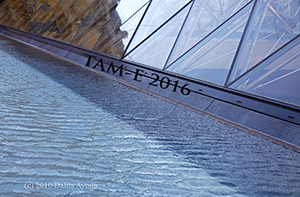This study explores the relation between the categories of aspect and mirativity by analyzing the mirative extensions of the Dutch progressive constructions. As has been demonstrated by, among others, De Wit et al. (2013) for the French and English progressives and Anthonissen et al. (2016) for the German progressive, progressive aspect is frequently used to construe situations as somehow running counter to our expectations, i.e. to convey mirative meanings. This connection between progressive aspect and mirativity can be related to the contingent (i.e. non-structural) status of situations reported by means of the progressive, which we believe is a universal property of progressive constructions. Thus, we hypothesize that mirative extensions of progressive aspect can be found in a great many diverse languages.
The Dutch progressive constructions – the aan het-progressive, the posture verb constructions (zitten/liggen/staan/hangen te + V), the motion progressive (lopen te + V) and bezig zijn (met/te) + V – constitute a particularly interesting case since they divide the mirative labor, so to speak. On the basis of a large-scale corpus study we demonstrate that each progressive construction is liable to mirative readings, yet the posture and the motion verb constructions even more so, because they are less concerned with the aspectual sense of ongoingness (1). In addition, these constructions often collocate with perfect aspect (2) or with the semi-auxiliary gaan (3), in which case the mirative reading is even reinforced.
(1) Loop niet te zeuren.
‘don't run nagging'
(2) Je hebt weer zitten roken.
‘you've been sitting smoking again'
(3) Gaat hij even liggen bellen.
‘goes he laying calling'
To account for these findings we will argue that the more a progressive construction highlights the boundedness (“the hic-et-nunc”) of a situation, the more it is prone to trigger mirative readings.

 PDF version
PDF version
